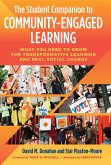
23,95 €
Sofort per Download lieferbar
eBook, PDF
3. Juli 2023
Taylor & Francis eBooks
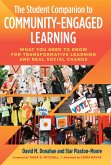
23,95 €
Sofort per Download lieferbar
eBook, ePUB
3. Juli 2023
Taylor & Francis eBooks
Broschiertes Buch
Curricular Strategies for Success
5. Mai 2011
Routledge
| eBook, ePUB | 33,95 € | |
| eBook, PDF | 33,95 € |
eBook, PDF
3. Juli 2023
Taylor & Francis eBooks
eBook, ePUB
3. Juli 2023
Taylor & Francis eBooks
Ähnliche Artikel

eBook, PDF
3. Juli 2023
Taylor & Francis eBooks
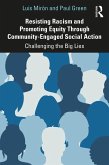
eBook, PDF
19. Oktober 2022
Taylor & Francis eBooks


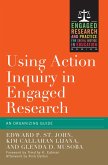
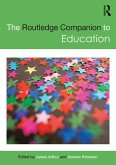



eBook, PDF
7. April 2010
Taylor & Francis eBooks
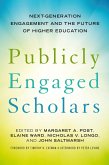
Ähnlichkeitssuche: Fact®Finder von OMIKRON
